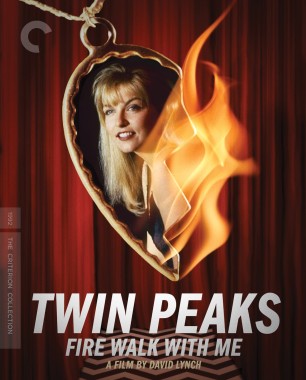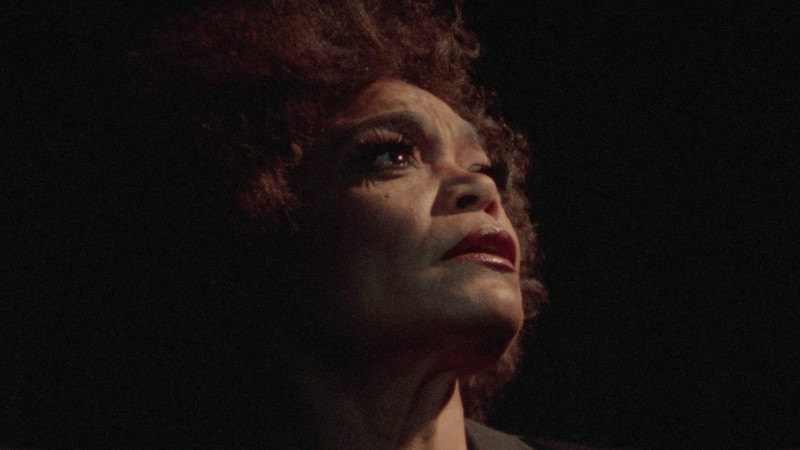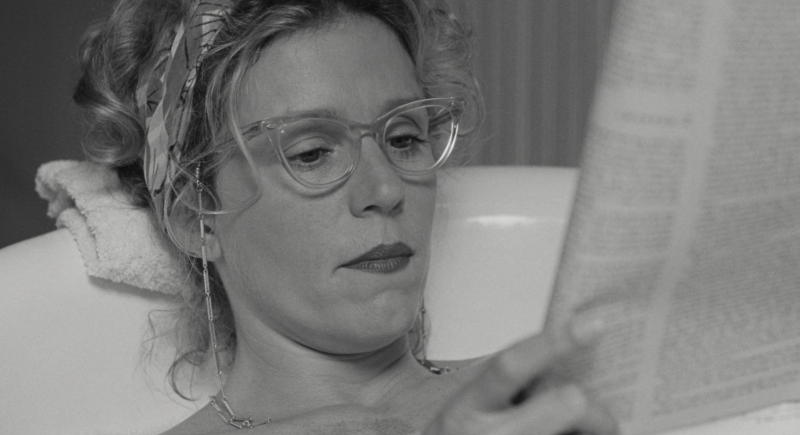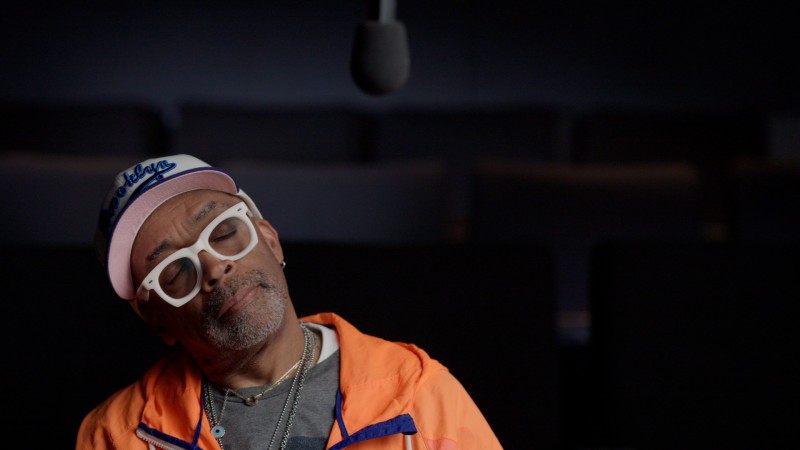Twisted Nostalgia: Chris Isaak in Twin Peaks: Fire Walk with Me

David Lynch launched Chris Isaak’s career, arguably, and there’s a strange kinship between the two artists. On the surface, they share a seemingly unironic obsession with 1950s Americana: the coiffed hairdos, the rockabilly radio, the “peachy keen” attitude. As a young director, Lynch famously didn’t curse, and the young rocker didn’t drink or do drugs. But there might also be something deeper and darker to their affinity for midcentury culture than these kitschy idiosyncrasies suggest. As the director made explicit in Blue Velvet—where he first used Isaak’s music—there are some nasty bugs churning under the white picket fence, and that duality is personified in Isaak’s brief but memorable turn as FBI Special Agent Chet Desmond in Lynch’s Twin Peaks: Fire Walk with Me.
“There’s something definitely Lynchian . . . about the singer’s wistful middle-Americanisms,” Chris Willman wrote in a 1993 profile of Isaak for Musician magazine. “With Lynch, it’s impossible to tell for sure how much of the obsession with innocence lost is an affectation and what’s heartfelt. But Isaak comes by his nostalgic covetousness honestly, unless he’s putting on the world’s greatest suckers’ act.”
The crooner was blessed with Roy Orbison’s voice and a young Elvis’s matinee-idol looks, and he has attributed some of his retro musical tastes to his mother, Dorothy, a name with special significance to David Lynch. But Isaak had trouble finding an audience for his music when he showed up in the 1980s, a decade marked by New Wave’s futuristic, electronic sheen. Right around that time Lynch lost his way in the shiny blockbuster deserts of Dune, after initial successes with the underground cult hit Eraserhead and the steampunk tragedy of The Elephant Man. When the director found himself again, in the “strange world” of Blue Velvet, he also discovered Isaak’s music, and he used an instrumental version of the song “Gone Ridin’” to underscore the scene where his Dorothy (Vallens, the doomed nightclub singer played by Isabella Rossellini) is trapped in a wild nighttime car ride with her young lover/stalker, Jeffrey (Kyle MacLachlan, in his first outing for Lynch as a kind of detective), under the duress of the dastardly Frank Booth (Dennis Hopper). Lynch’s surreal universe is caught somewhere in the “jarring clash of ’50s innocence meeting ’80s life,” as he once put it, and Isaak’s music, rippling with throwback testosterone, fit right in.
After his first two albums failed to impress beyond a smattering of critics and the club scene in San Francisco, Isaak’s third LP—Heart Shaped World—languished for a year and a half of still more bad luck. Then, in 1990, Lynch put the song “Wicked Game” in Wild at Heart, his sexy valentine to Elvis and Marilyn Monroe and Dorothy’s journey to Oz. An Atlanta radio programmer heard that track in the movie and put it on the airwaves, which catalyzed its ascent as a full-blown top-ten hit. Suddenly Isaak was a star, booking a tour to support an album he’d given up for dead, making out with topless model Helena Christensen on a beach for the song’s iconic music video, and experiencing double-platinum album sales. “It was like having the laundry call and say, ‘We found a lottery ticket in your jacket, and oh, by the way, it’s a winning number,’” Isaak later told Musician. In this case, the launderer was David Lynch.




